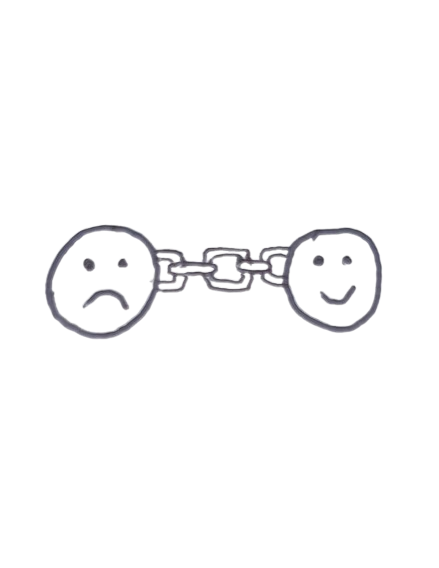on boxing's mind game
It’s not as if other fighters hadn’t recovered. But when featherweight amateur boxing legend Vasiliy Lomachenko yanked his shoulder out of his socket in 2018, he thought his career was over.
It was devastating, not only for his physical health, but for his mental state too. Dug into the recesses of his own head, Lomachenko tricked himself into thinking he would never throw another punch again.
But his doctor, the infamous LA pseudo-celebrity, Neal ElAttrache knew he would. A high profile surgeon and caretaker for professional athletes and LA celebs, ElAttrache had a history of reshaping his clients’ mental perceptions of their health before even performing the surgery.
A unique approach – but a timely one, as well.
Many times throughout his infamous Dialogues, Plato believed that one could not heal the parts without healing the whole. For a healthy body without a healthy mind, without a healthy subconscious, was nothing more than simply “a collection of the parts.”
In Alcibiades, Plato’s depiction of Socrates says it best: “For if a man, my dear Alcibiades, is at liberty to do what he pleases, but is lacking in mind, what is the probable result to him personally, or to the state as well?”
And it seems as if ElAttrache found the answer to Socrates’ question – failure (and for athletes, more time away from the sport). In an age in which mental health is consistently destigmatized, ElAttrache seems to have found another route into perhaps the most pressing medical issue of our time, especially for male athletes as Lomachenko. If one could fix the mind before they could fix the body, they had done the grunt work, the largest climb of the Sisyphean mountain of recovery. “For it is not enough to have a good mind,” Descartes says, as “the main thing is to use it well.”
A day before his similarly devastating shoulder surgery in 2015, Kobe Bryant was putting up shots in a private gym. The gym’s owner, Patrick Soon-Shiong, reprimanded him, shocked at the strain he was putting on an already injured rotator cuff.
But Kobe, working under ElAttrache’s new system, already knew better.
“It’s broken. Neal’s going to fix it tomorrow anyways.”



